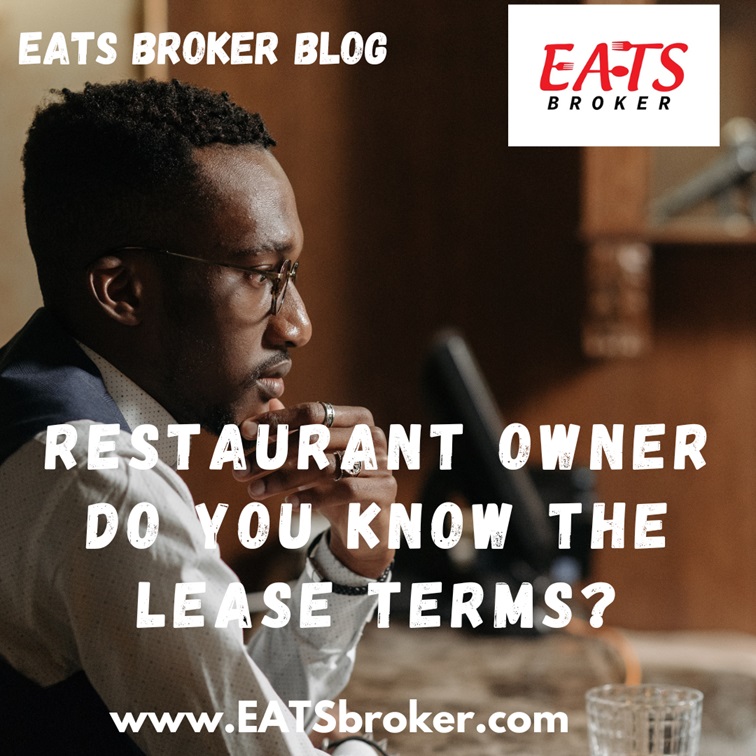
Restaurant Owner do you know the lease terms
Ask a Restaurant Owner if you know the lease terms of your restaurant. The common answer will be, “Yes, I signed the lease agreement and

Ask a Restaurant Owner if you know the lease terms of your restaurant. The common answer will be, “Yes, I signed the lease agreement and

It’s easy to find interesting facts about the Restaurant Industry. The National Restaurant Association publishes a Restaurant Owner Demographics Data Brief every year. After reading
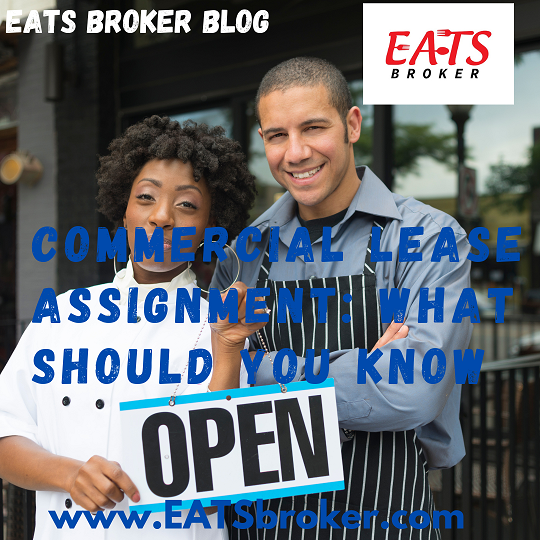
What should you know about a Commercial Lease Assignment before signing the lease? The lease assignment can be short and brief, but it has a

How do you write a letter of intent for a lease is a struggle for inexperienced brokers representing clients or unrepresented potential tenants? Once a

EATS Broker talks to 3 Types of Buyers after the Covid-19 pandemic outbreak about buying a restaurant. The conversations we had before Covid-19 were much

Dominique Maddox of the EATS Broker leases vacant space. Mr. Everything Café will be opening in Banks Crossing Shopping Center in Fayetteville, GA. EATS Broker
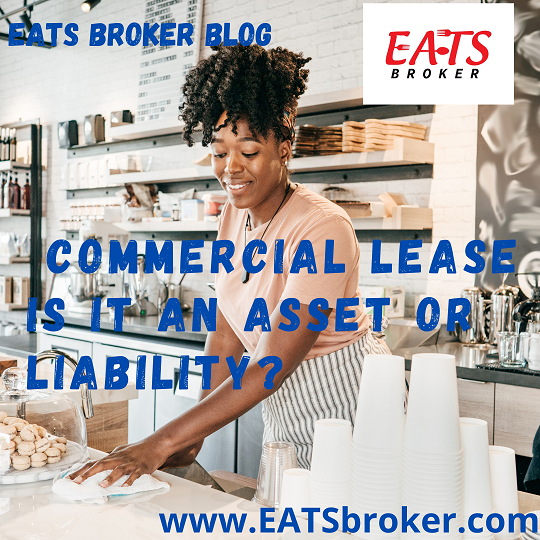
Your current commercial lease is it an Asset or Liability? Most Restaurant Owners find a restaurant for lease and sign a commercial lease before they
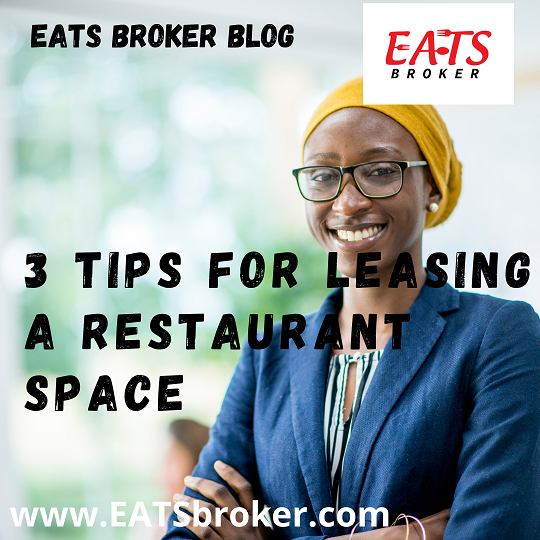
3 Tips for Leasing a Restaurant Space Restaurant leases can be complex and involve negotiations on some very important details to a lease. In general,
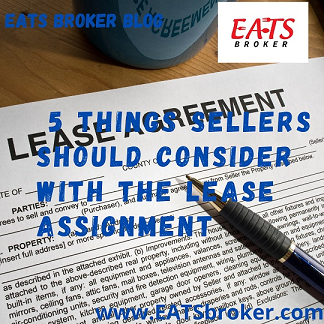
5 Things Sellers should consider with the lease assignment: The best day of a Restaurant owner’s life in the business world is usually when they

© Copyright 2025 EATS Broker | Consumer Protection Notice | Information About Brokerage Services